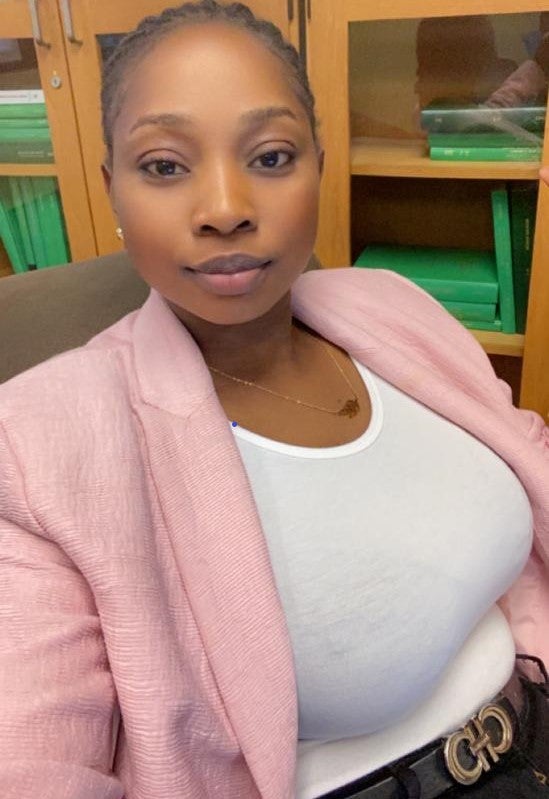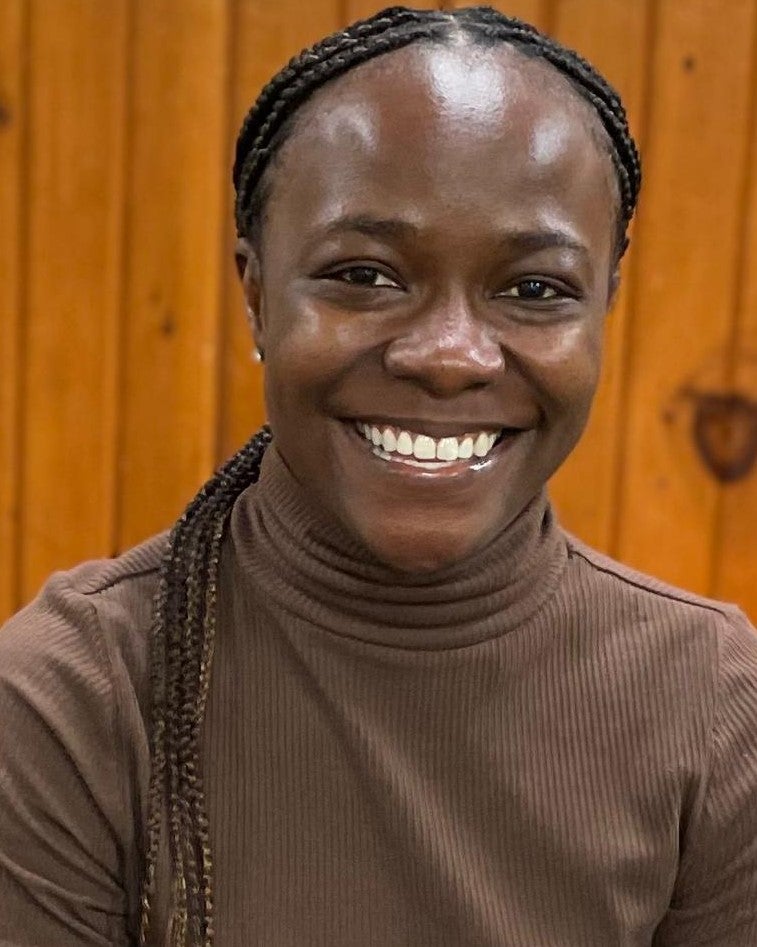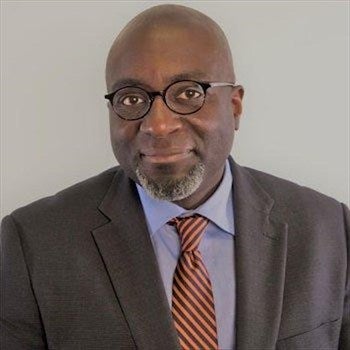On February 14th, 2023, TUGSA, along with the History Anti-Racism Taskforce (HART) from the University of Waterloo hosted a graduate student panel in honour of Black History Month.
Research

Tolulope Akande: The Colonial History of Nigeria and the Royal Niger Company
Tolulope (she/her) is a master's student in the Department of History at the University of Waterloo. She received her BA in History and a master's degree in Diplomacy from the University of Lagos, Nigeria. Her current research is concerned with juvenile delinquency and the Nigerian justice system. She focuses on the colonial roots of juvenile crime and its long-term consequences, using prison records from British colonial archives, available primary sources in Nigeria, and interdisciplinary scholarship. Her research interests are diverse and include African history, the history of prisons and punishment, colonialism, and legal history.

Arshad Desai: To Be "Un/silenced": The Interplay of Archives, Blackness, and Canadian History in That Happy Road
Arshad Desai is a second year PhD student at the University of Toronto. He earned his BA and MA in History, as well as the Black Canadian Studies Certificate, from York University, and last year he was awarded the prestigious Canada Graduate Scholarship to Honour Nelson Mandela. His forthcoming publication, "To Be 'Un/silenced': The Interplay of Archives, Blackness, and Canadian History in That Happy Road" will appear in Statesman of the Piano: Jazz, Race, and History in the Life of Lou Hooper, co-edited by Sean Mills, Eric Fillion, and Désirée Rochat, in Fall 2023.

Abigail Opoku: Writing Girls into African Histories: Female Education and the Colonial Project in the Gold Coast
Abigail Opoku is a recent graduate (MA in History) from the University of Waterloo, with hopes to begin her PhD studies this fall. Her research interests span broadly under these themes: (West) African Studies, Histories of empires and colonization, Histories of Women and girls, and Colonial Education. She is particularly interested in the various encounters that took place in the Gold Coast (present-day Ghana) between Europeans and locals, and how such events shaped conceptions of childhood and ideas of gender. As such, her Master's Research Paper, “Changed Men would require Changed Women”: The Organization of Female Education in the Gold Coast before the 1930s, focused on the introduction of formal female education in the Gold Coast before the 1930s, emphasizing how gendered conceptions on both sides of the encounter influenced its organization, prioritization, and development. Her PhD project will continue this line of inquiry, arguing that female education was central to the consolidation of the colonial project in the Gold Coast.

Dr. Barrington Walker: Chair
Dr. Barrington Walker holds a PhD in History from the University of Toronto and was a professor of History at Wilfrid Laurier University (Laurier) as well as the Senior Advisor, Equity, Diversity and Inclusion (EDI) in the Office of the Provost and VP Academic at Laurier at the time of the panel. Before coming to Laurier, he was an associate professor of History at Queen’s University.
An historian of Modern Canada, Walker's work focuses on the histories of Blacks, race immigration and the law. It seeks to illuminate the contours of Canadian modernity by exploring Canada's emergence as racial state through its histories of white supremacy, slavery, colonization/immigration, segregation and Jim Crowism. Much of his work considers how these practices were legitimized, and in some instances contested, by the rule of law and legal institutions. Dr. Walker was recently appointed as vice-provost, Equity and Inclusion at McMaster University, starting on May 1, 2023.